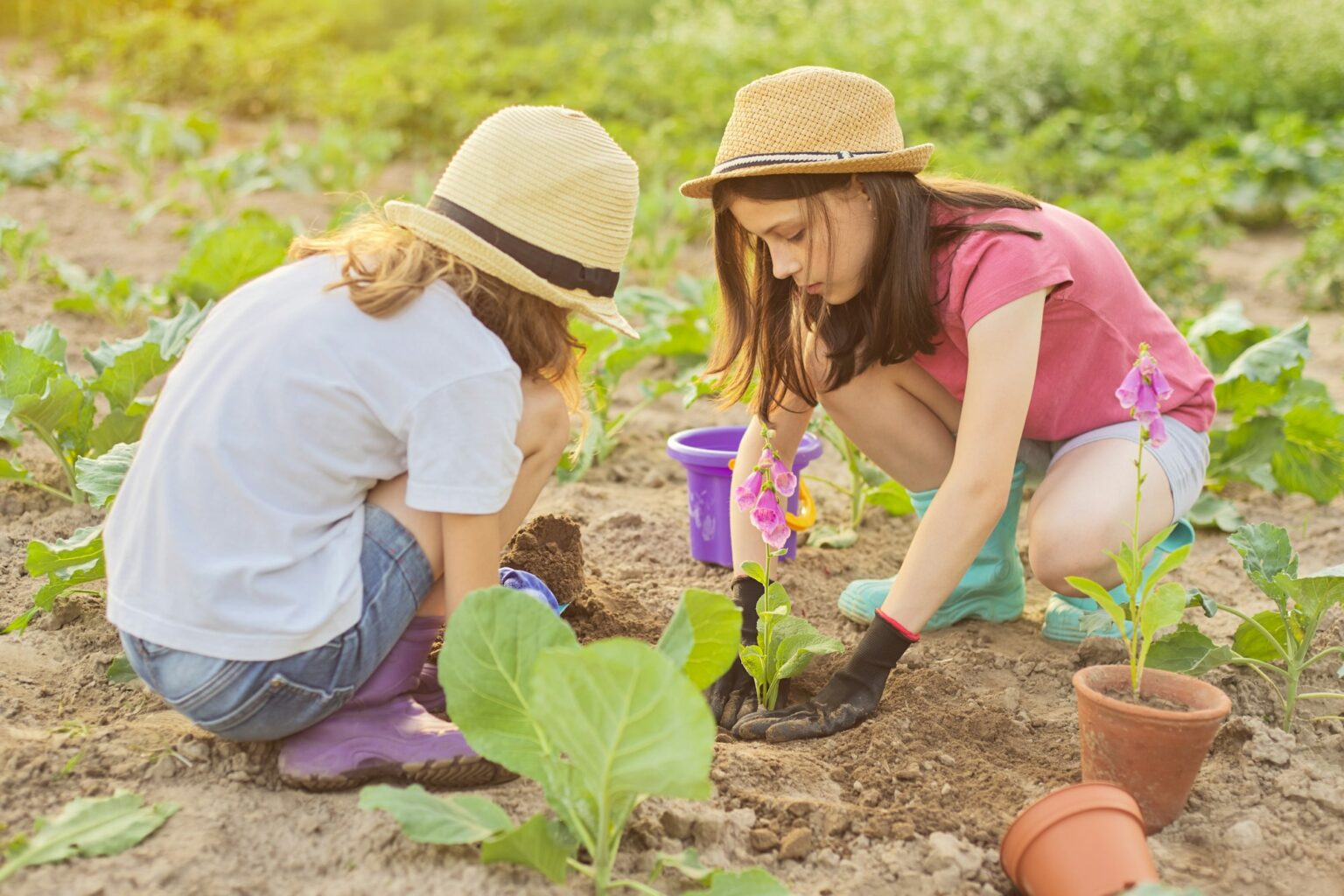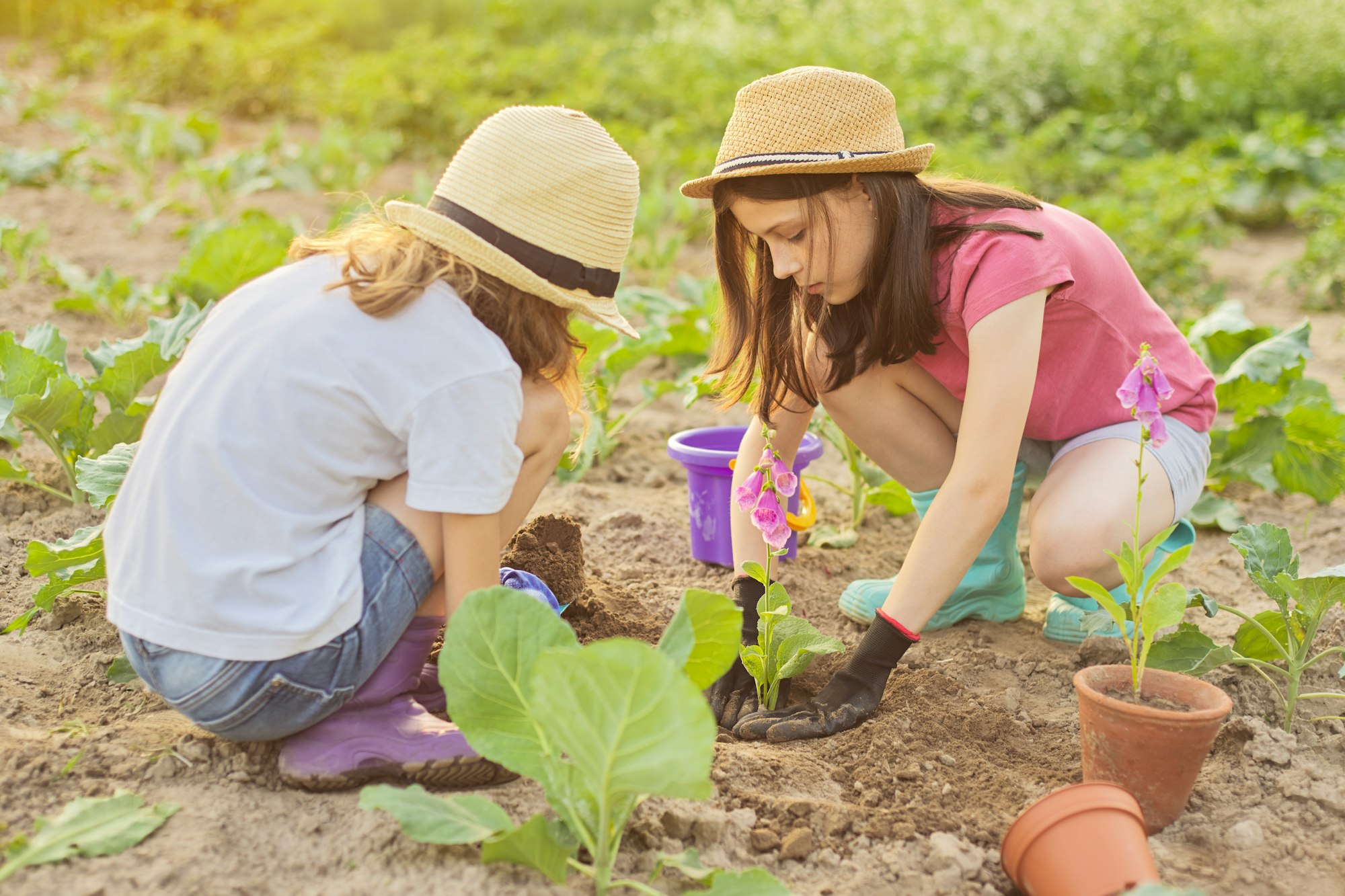As environmental concerns take center stage in global discussions, embracing sustainable living practices is essential for ensuring long-term ecological balance. Sustainable living involves making conscious decisions that reduce our environmental impact and promote a healthier planet. Over the past century, rapid industrialization and urbanization have significantly strained the Earth’s natural resources. According to the Global Footprint Network, humanity currently uses the equivalent of 1.7 Earths to meet our demands on nature. This overconsumption depletes resources, reduces biodiversity, and increases pollution, threatening the planet’s ecological balance.
The United Nations predicts that by 2050, the global population will reach 9.7 billion, increasing the demand for food, water, and energy by 50%, 55%, and 60%, respectively. The Intergovernmental Panel on Climate Change (IPCC) states that to limit global warming to 1.5°C, global carbon dioxide emissions need to decrease by about 45% from 2010 levels by 2030. The World Bank estimates that global waste generation will increase by 70% from 2.01 billion tonnes in 2016 to 3.40 billion tonnes in 2050 if current trends continue. These statistics underscore the urgent need for sustainable living practices.
Adopting sustainable living practices brings numerous benefits for individuals, communities, and the planet. Environmentally, sustainable practices help preserve vital natural resources like water, soil, and air. They also reduce pollution and mitigate climate change impacts by decreasing reliance on fossil fuels and minimizing waste. Furthermore, sustainable agriculture and conservation efforts help protect ecosystems and endangered species.
Economically, sustainable living can lead to significant cost savings through the use of energy-efficient appliances, reduced water usage, and minimal waste production. The green economy, including renewable energy and sustainable agriculture sectors, creates new job opportunities, contributing to economic growth. Socially, sustainable practices promote healthier lifestyles by reducing exposure to pollutants and encouraging the consumption of organic, locally-sourced foods. Sustainable communities are also better equipped to withstand and recover from environmental and economic challenges, enhancing community resilience.
There are practical steps individuals can take to embrace sustainable living. In terms of energy conservation, switching to renewable energy sources like solar, wind, or geothermal is a significant step. Using energy-efficient appliances and lighting, and practicing mindful energy consumption by turning off unused devices, can further reduce energy use. Water conservation can be achieved by installing low-flow showerheads, faucets, and toilets, and by collecting and using rainwater for gardening and other non-potable purposes.
Waste reduction is another crucial aspect of sustainable living. Recycling materials like paper, plastic, and metal, and composting organic waste, can significantly reduce the amount of waste that ends up in landfills. Adopting a minimalist lifestyle by reducing unnecessary consumption and choosing durable, sustainable products also contributes to waste reduction. Sustainable transportation options, such as using public transportation, carpooling, biking, or walking, can reduce carbon emissions. Additionally, transitioning to electric or hybrid vehicles can further decrease our carbon footprint.
Making sustainable food choices is also essential. Supporting local farmers and choosing organic products reduces the environmental impact of food production. Incorporating more plant-based meals into your diet can decrease the demand for resource-intensive animal products, further promoting sustainability.
Sustainable living is about more than just making environmentally friendly choices; it’s about fostering a mindset that prioritizes long-term ecological balance. By understanding the importance of sustainable practices and taking practical steps to implement them, we can collectively contribute to a healthier, more sustainable planet for future generations. Embrace sustainable living today for a better tomorrow.






